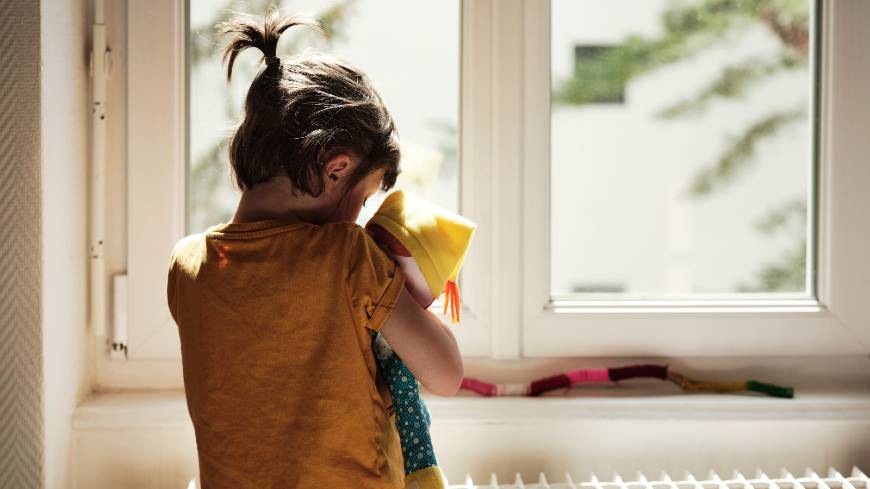Ahead of the European Day on the Protection of Children against Sexual Exploitation and Sexual Abuse marked on 18 November, Council of Europe Secretary General Marija Pejčinović Burić has called on the states to step up their efforts to ensure that children’s “circle of trust” (those around them who enjoy a recognised position of trust, authority or influence over children) is made as safe as possible.
“For children, the risk of sexual abuse does not always come from the outside – it mostly comes from the people they trust,” the Secretary General said. “States must spare no effort to ensure that the places where children spend their lives – whether at home, school, sports and leisure facilities or care settings – are made safer for children. Carefully checking the background of people who work with children, educating children and parents on the risks of sexual abuse, training professionals on how to detect and report abuse, and making investigations and court proceedings child-friendly are just some of the many ways to prevent sexual abuse and protect the children who become victims of this horrendous crime”.
The Council of Europe’s Convention for the protection of children against sexual exploitation and sexual abuse (the Lanzarote Convention) now binding all member states of the organisation specifies that even if a child has reached the age of sexual consent in national laws, it is still sexual abuse if an adult engages in sexual activities with the child using a recognised position of trust, authority or influence. Offenders in the “circle of trust” can be parents or carers of children, members of the extended family (including new partners), teachers and other professionals at schools, sports coaches, religious workers and healthcare professionals, but also children’s peers. The Lanzarote Committee, the body monitoring the implementation of the Lanzarote Convention, recommends that the national legal frameworks cover all instances of abuse of a position of trust, authority or influence, and explicitly refer to the notion of “circle of trust”.
Many children never disclose cases of sexual abuse. Whether this is due to the young age of the children who cannot yet recognise it, to the love for the sport and admiration for their coaches, to the fear of reprisals or to the mere shame – very often victims live in the secrecy and trauma of their suffering throughout their lives. Informing children about sexual abuse, in an age-appropriate and child-friendly language, setting up specialised services (e.g., hotlines), as well as raising awareness among parents of the dangers is a way to mitigate the risk and prevent the crime.
Press release
To prevent sexual abuse, children’s circle of trust must be made safer
Tell someone you trust (animation and brochure for children aged 9-13)
The Lake (a video encouraging young people to break the silence over sexual abuse in the circle of trust)
Start to talk (an initiative by the Council of Europe to stop child sexual abuse in sports).


